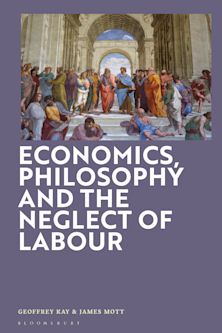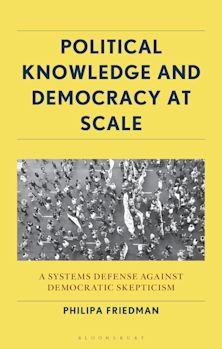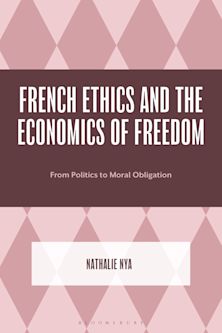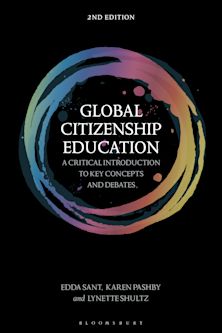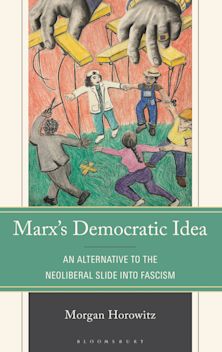- Home
- ACADEMIC
- Philosophy
- Social and Political Philosophy
- Civil Rights and the Paradox of Liberal Democracy
Civil Rights and the Paradox of Liberal Democracy
You must sign in to add this item to your wishlist. Please sign in or create an account
Description
In Civil Rights and the Paradox of Liberal Democracy, Bradley Watson demonstrates the paradox of liberal democracy: that its cornerstone principles of equality and freedom are principles inherently directed toward undermining it. Modernity, beyond bringing definition to political equality, unleashed a whirlwind of individualism, which feeds the soul's basic impulse to rule without limitationincluding the limitation of consent. Here Watson begins his analysis of the foundations of liberalism, looking carefully and critically at the moral and political philosophies that justify modern civil rights litigation. He goes on to examine the judicial manifestations of the paradox of liberal democracy, seeking to bring a broad philosophical coherence to legal decision making in the United States and Canada. Finally, Watson illuminates the extent to which this decision making is in tension with liberal democracy, and outlines proposals for reform.
Table of Contents
Chapter 2 The Paradox of Liberal Democracy
Chapter 3 The Canadian Experience
Chapter 4 The American Experience
Chapter 5 Individuality and Modern Thought
Chapter 6 Obstacles to Reform in the United States
Chapter 7 The Times of Restoration: Prospects for Reform
Chapter 8 Coda
Chapter 9 Works Cited
Chapter 10 Cases Cited
Chapter 11 Index
Product details
| Published | 01 Jan 2000 |
|---|---|
| Format | Ebook (Epub & Mobi) |
| Edition | 1st |
| Extent | 224 |
| ISBN | 9780585119632 |
| Imprint | Lexington Books |
| Publisher | Bloomsbury Publishing |
About the contributors
Reviews
-
A persuasive addition to the literature examining the nature and history of that most complex of modern phenomena: liberal democracy. . . . Watson adds to our understanding of the depth of the current malaise.
Thomas M. J. Bateman, Augustana University College
-
This book comes to us on a rising tide of criticism of liberalism as the theoretical foundation of democratic government. . . . It is an excellent contribution to an ongoing and crucially important debate in contemporary democratic theory.
Fr. Francis Canavan, Fordham University












